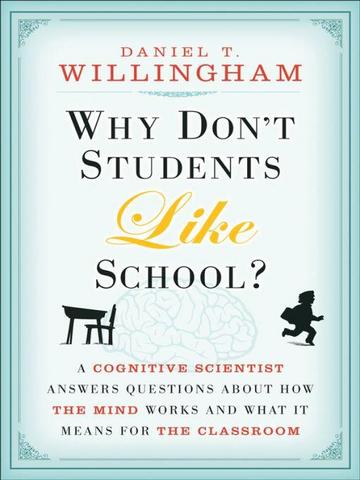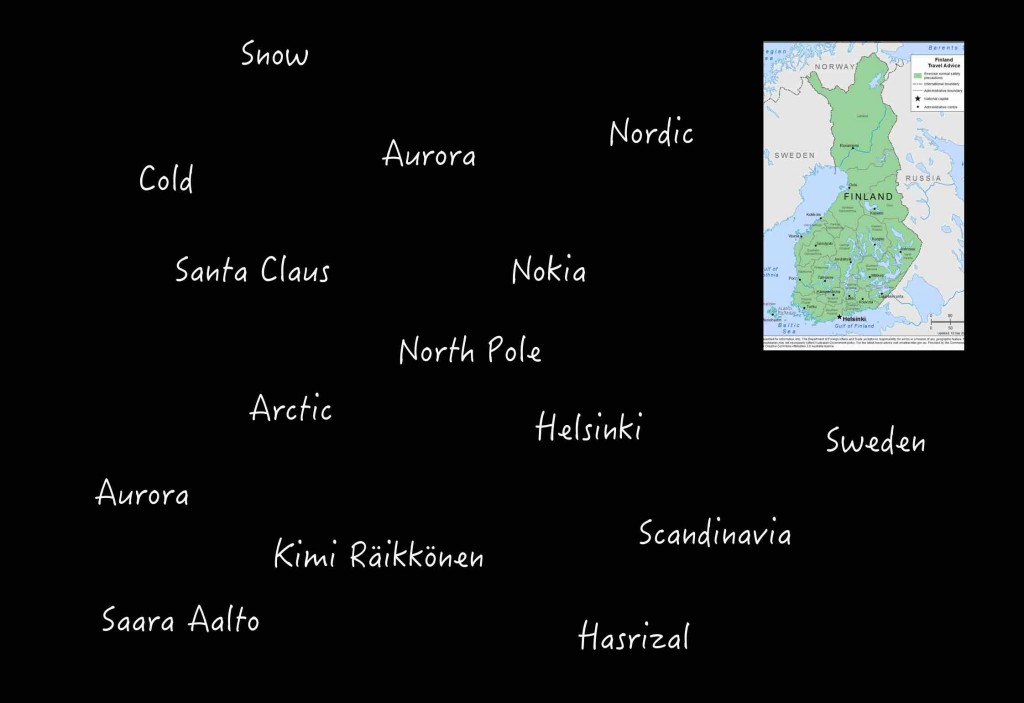
Our lecturer asked these simple questions in one of our learning sessions:
Why activate prior knowledge?
Why is learning a hard work?
Answering these questions is essential for teachers to design a good learning activity.
As we repeatedly say before, teachers today are no longer simply the expert on content (subject), but they need to expand their expertise in designing the learning experience. The horizon is wider, and the classroom should no longer concentrates only on the cognitive aspect of the learning, but in a more holistic framework involving motivation, regulating the emotion and more social presence.
These questions remind me to what Daniel T Willingham stated in his book Why Don’t Students Like School?
He asked, “what is the essence of being human? What sets us apart from other species?”‘
Many people would answer that it is our ability to reason – birds fly, fish swim, and human thinks.
While Shakespeare extolled our cognitive ability in Hamlet. “what a piece of work is man! How noble in reason!” but three hundred years later Henry Ford more cynically observed, “thinking is the hardest work there is, which is the probable reason why so few people engage in it.”
Both of them were highlighting a relevant point. Even though humans are good at certain types of reasoning, but we exercise those abilities infrequently. Humans don’t think very often because our brains are designed not for thought but somehow for the avoidance of thought. Thinking is effortful. Willingham also added, thing is also slow and unreliable.
There are three properties of thinking:
- Thinking is slow. Our visual system instantly takes in a complex scene but our thinking system does not instantly calculate the answer to a problem the way our visual system immediately takes a visual scene.
- Thinking is effortful. We don’t have to try to see, but thinking takes concentration. We can perform other tasks while we are seeing but we can’t think about something else whole we are working on a problem.
- Thinking is uncertain. Our visual seldom makes mistakes, and when it does, we usually think we see something similar to what is actually out there – we’re close, if not exactly right. But our thinking system might not even get us close; our solution to a problem may be far from correct. In fact, our thinking system may not produce an answer at all.
So, if we are all so bad at thinking, how does anyone get through the day?
The answer as suggested by Willingham, is that when we can get away with it, we don’t think. Instead we rely on MEMORY. Most of the problems we face are ones we’ve solved before, so we just do what we’ve done in the past.
We don’t actually learn, if the learning activities are focusing only on short term memory. We permit even permit our students to forget.
Learning in its true sense of meaning, requires our sensory memory, our working memory and our long term memory to work simultaneously in a good synergy. Deep learning requires us to give effort in what we are capable of doing it, but we’re not at our best, the thinking.
That is a good way to explain why teachers need not activate prior knowledge. It helps students to trace from their long term memory something they already know and they don’t actually realise.
Let say, I want to teach modern history of Finland to my students. They know nothing about it. They found my upcoming lesson is irrelevant and I am demanding them to do something they don’t like.
But what if I start my class by asking them to come forward and write a word related to Finland, any word.

They actually know many relevant things about Finland. Many of the words have their own sense of history. We can classify those words into names, places, geography, events, products and all of them have stories to tell.
By activating prior knowledge, students can trace back what they already know, making connection, sense the relatedness and make the learning more effective.
Learning is indeed a hard work but not all hard work is undesirable, if we have the right motivation, and supported by good strategy. Schooling is also a hard work. But it could be the best part of our life experience if we got the right way to do it.
That is why teachers are professionals.
HASRIZAL
LET, Oulun Yliopisto,
Suomi